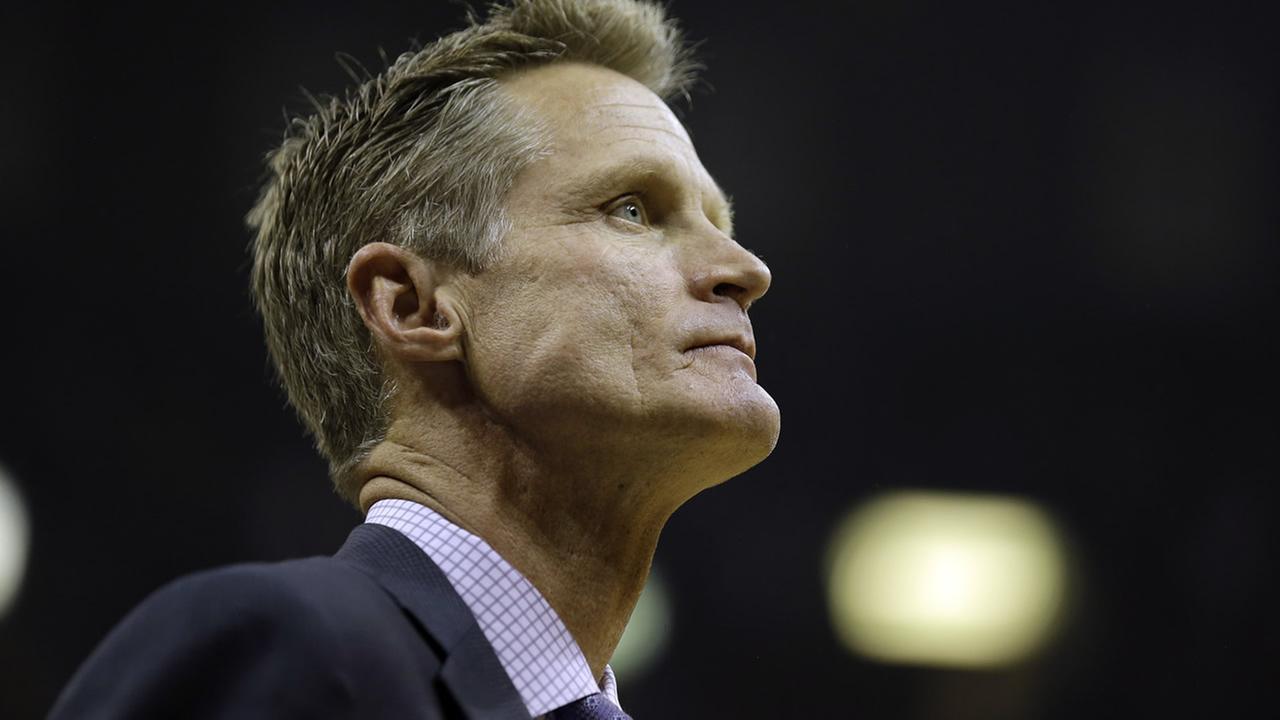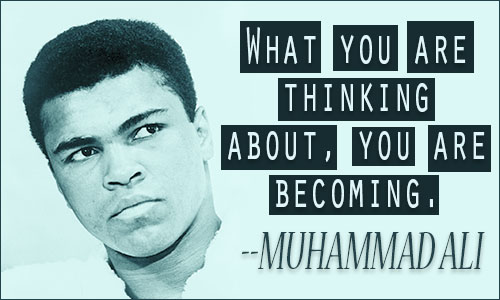By Lorenzo Bautista
Most folks would agree, that when it comes to sports, nothing livens up the spirit more than to see one’s own favorite team or athlete triumph in the face of adversity, bragging rights at the ready for any doubters troubled by their success. More and more, sports and their prospective athletes has seen, not only national recognition, but also international prevalence through its entertainment value and marketability.Basketball superstars such as Lebron James and Stephen Curry, are just a couple of highly talked about names that are synonymous with fierce competition and contention against their rivals on the court, but have you ever wondered if that same motivation that drives these such athletes to perform at their very best, is seen beyond any arena or field? Being that sports in general has long since been associated with being a platform for pushing the human anatomy to its limits, for the sake of drawing in crowds of people, many forget that there have also been examples of ways in which the platform can be used for more political and activist agendas. Many, including Steve Kerr (coach of the Golden State Warriors), Muhammad Ali, and Jackie Robinson, are a few of what the sports world has had to offer, in terms of what role they played in contributing to social reform, what their actual contributions were to activist movements taking place during their lifetimes, and how the organizations within sports transformed due to changing times.

While most notable figures in basketball’s history, since the sport’s establishment in December 1891, have been known to be more passive on such topics as racism, gender inequality, and foreign policy, it is fair to assume that society would perceive them as inadequate to speak on those said issues. But there are some who make every effort to contest that perception, namely the Golden State Warrior’s most recent coach, Steve Kerr. “The apple doesn’t fall far from the tree”, a quote that most certainly encapsulates the link between Malcom Kerr and his son Steve, as the once president of the American University of Beirut, was assassinated for his involvement in the affairs of Arab-Israeli tension during the late 1960’s via a collection of essays where he gives his input on the matter from his standpoint. While not necessarily directly involved, as his father once was in activist activities, Steve Kerr has certainly extended himself past just being a coach, and has found himself more and more divulging in discussions concerned with gun-control, presidential politics, and Middle-East policy, according to a New York Times article by John Branch. “Put yourself in someone else’s shoes and look at it from a bigger perspective… we live in a world of gray areas. Life is so much easier if it could be black and white, good and evil.” (Branch, “Tragedy Made Steve Kerr See the World Beyond the Court”), here Steve Kerr expresses his thoughts as it pertains to the stigmas that protruded during the 9/11 attacks with regards to Muslim immigrants and citizens alike. Given his family’s history, Kerr not only has a foothold in any NBA court, but also play his role as an advocate for social reform.

Kerr is a shining example of how, even in the sports realm, one can utilize any major platform to move beyond any predetermined limits society dictates. Another widely acknowledged figure in the sports world, baseball legend Jackie Robinson, was another pivotal individual who’s love for the game lead to his determination to break racial barriers despite the many obstacles present during his professional career. The once president of the Brooklyn Dodgers, who aided Robinson in trying to bring change to the league, Branch Rickey, was the mastermind behind how Jackie Robinson was even able to be a part of the major leagues, during a time when segregation was very much accepted by most. Robinson was known to be have spoken out against racial segregation, well past his years in baseball.

Muhammad Ali, one of the pillars of boxing in Atlanta, Georgia, was yet another key individual who defeated opponents, both in the ring and socio-political landscape. Being that at a certain point during his long tenure as a professional boxer, Ali was a victim to racial and religious persecution, he made it his personal duty to work alongside politicians in order to seek change in the paradigms that plagued the generations of people who sought to destroy his character. Because Ali was derailed from the boxing scene, due to his refusal to partake in war for religious reasons, he felt he was forced to make his way through the minds of the youth by visiting and lecturing at multiple university campuses across the nation.
In conclusion, although we have come a long way from the times where acceptance and tolerance of other races and their respective cultural backgrounds, through activism and the efforts made during civil rights movements.
Works Cited
- Branch, John. “Tragedy Made Steve Kerr See the World Beyond the Court.” The New York Times. The New York Times, 22 Dec. 2016. Web. 27 Feb. 2017.
- Gorsevski, Ellen W. and Michael L. Butterworth. “Muhammad Ali’s Fighting Words: The Paradox of Violence in Nonviolent Rhetoric.” Quarterly Journal of Speech, vol. 97, no. 1, Feb. 2011, pp. 50-73
- Malveaux, Julianne. “The True Significance of Sports for Black Americans.” Black Issues in Higher Education 14.4 (1997): 56. Web.

